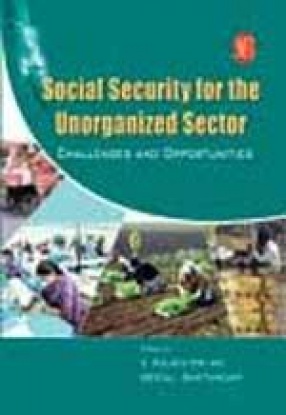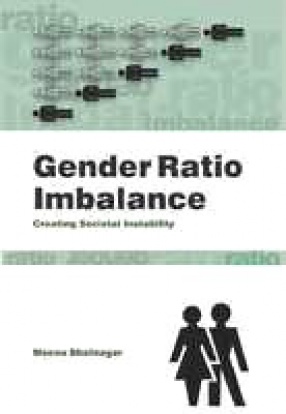Social Security for the Unorganized Sector: Challenges and Opportunities
Synopsis
In simple terms, 'social security' can be defined as the mechanism to ensure that individuals in a society are able to maintain their standard of living through adversities and contingencies of life. In the context of poverty alleviation and development, social security also includes measures to address the basic needs of people. One of the major achievements of the twentieth century was the recognition of social security as a 'basic human right', and in the developmental paradigm of the twenty-first century, 'social security for all' is an avowed objective. Despite this universally recognized obligation of social security, large sections of people (70% and over), especially in developing countries, have little or no social security. These sections of people usually work in the unorganized sector, or the 'informal economy'. In India, for instance, 93% of the total workforce is in the unorganized sector, and has virtually no social security. The unorganized sector includes self-employed workers in various occupations (including small and marginal farmers), agricultural labourers, street vendors, and home-based workers. This book highlights the urgency of extending social security to the unorganized sector, brings up the issues involved, and presents the experiences of different countries in providing social security to their unorganized workers, from which lessons and insights can be drawn. Policy makers and analysts, development practitioners, and researchers will find this book useful.
Read more
31.50
28.35
$
35.00 $
Free delivery Wolrdwidе in 10-18 days
Ships in 3-5 days from New Delhi
Membership for 1 Year $35.00
Get it now and save 10%
Get it now and save 10%
BECOME A MEMBER











Bibliographic information
Meenu Bhatnagar